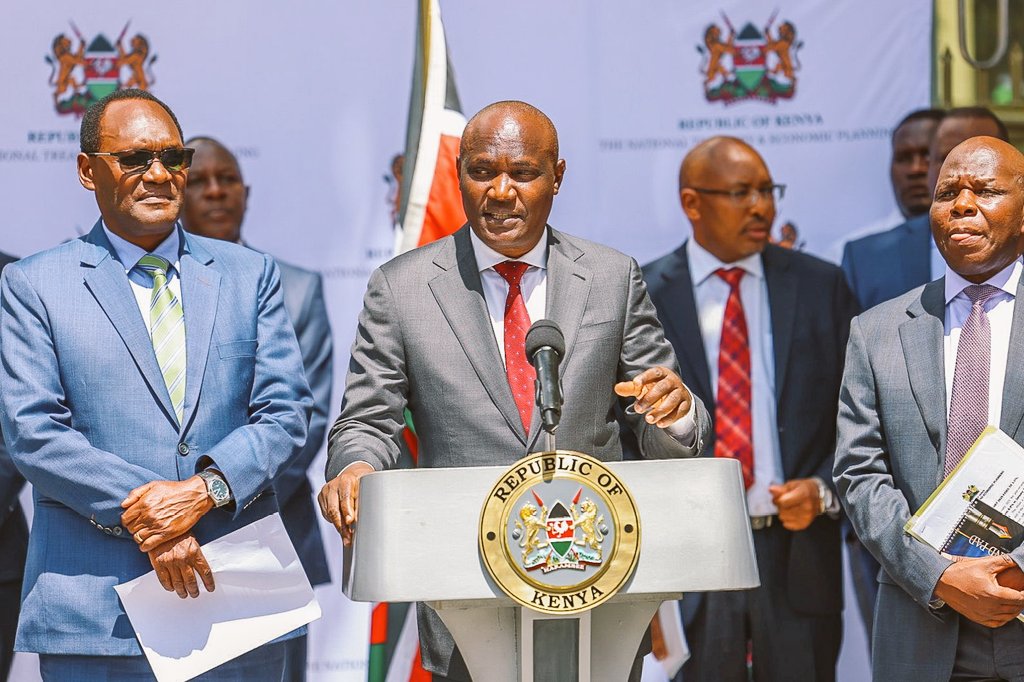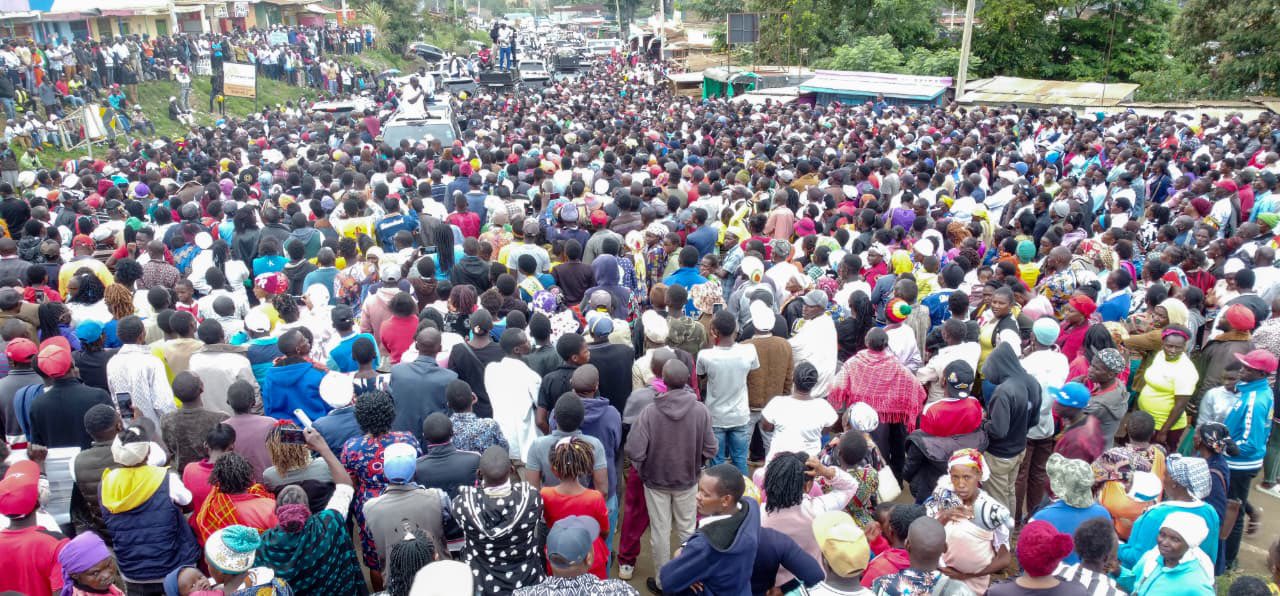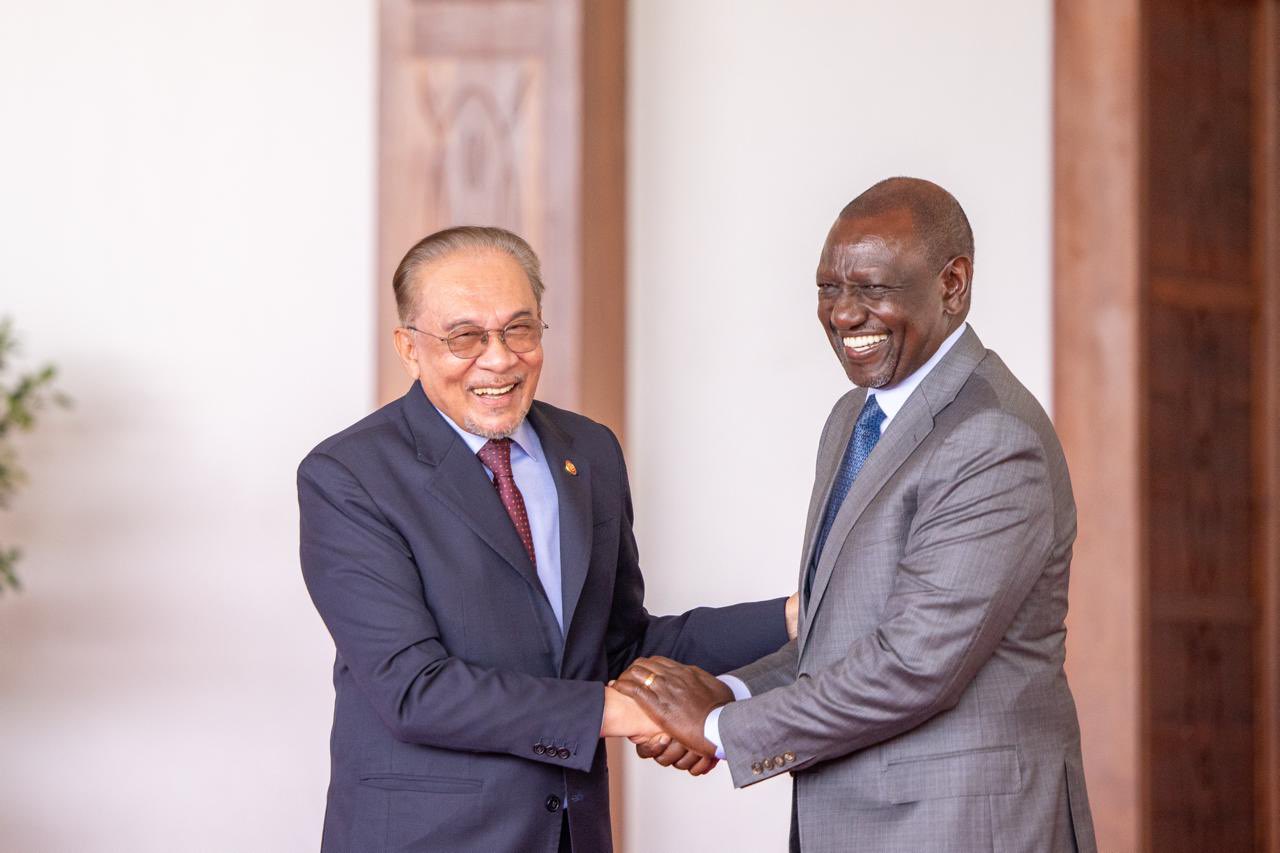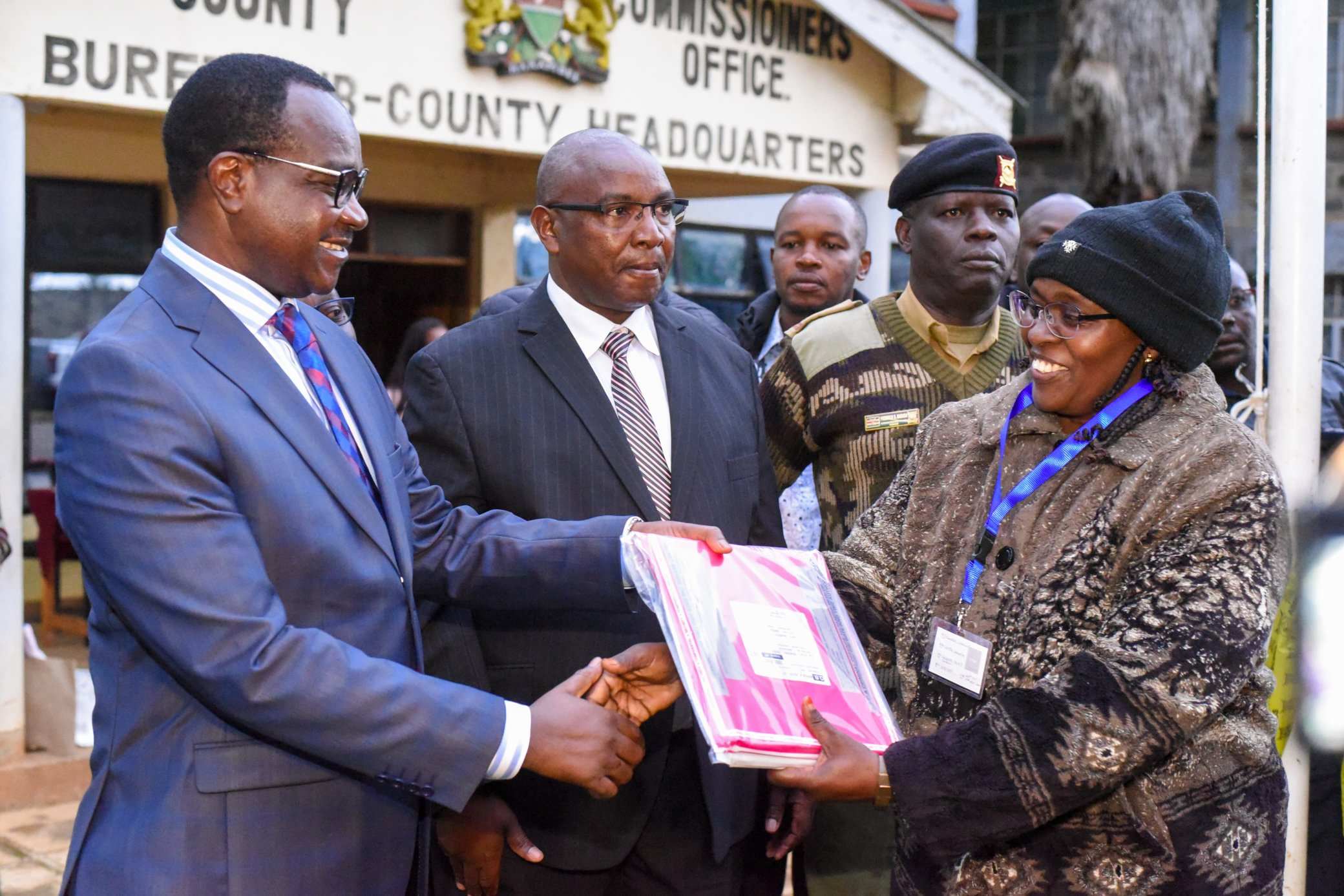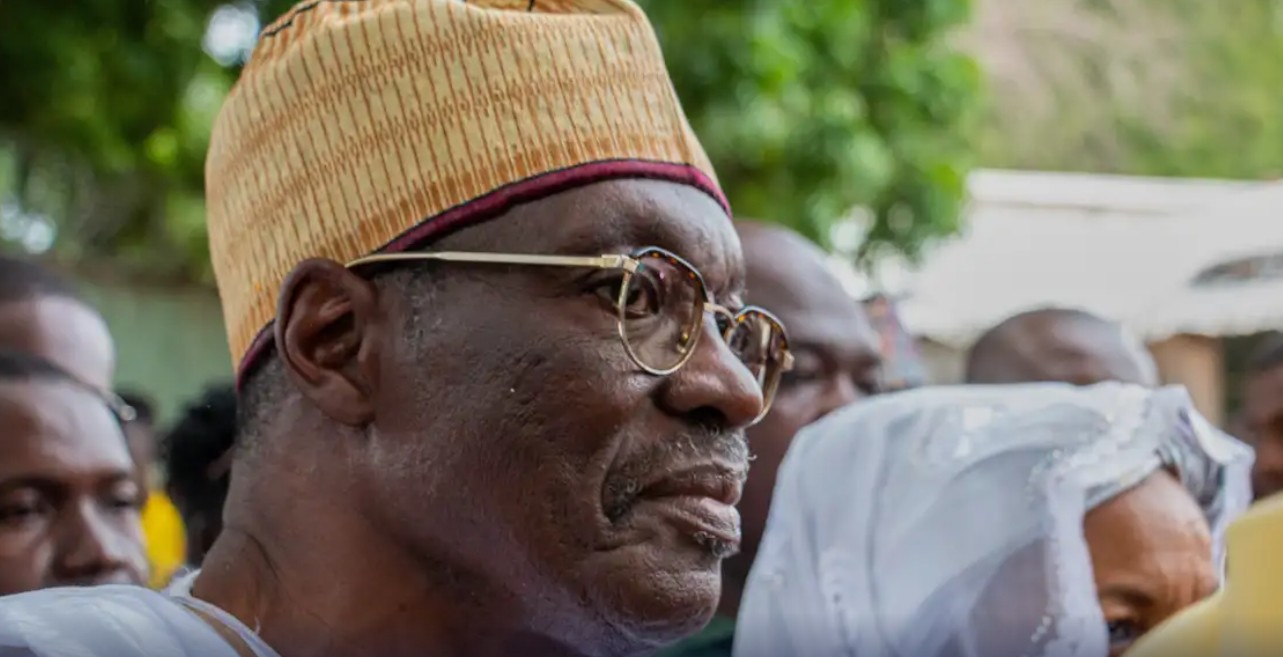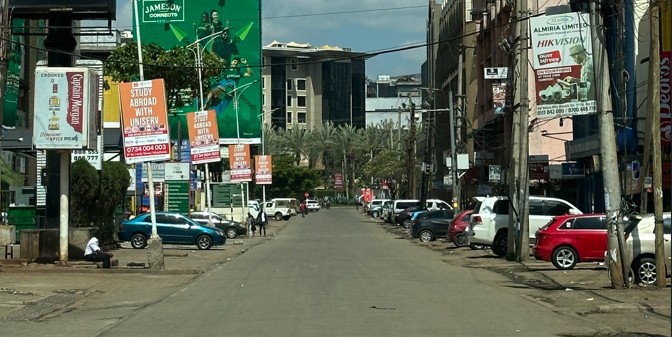CJ Martha Koome pushes back against criticism over parliamentary interference
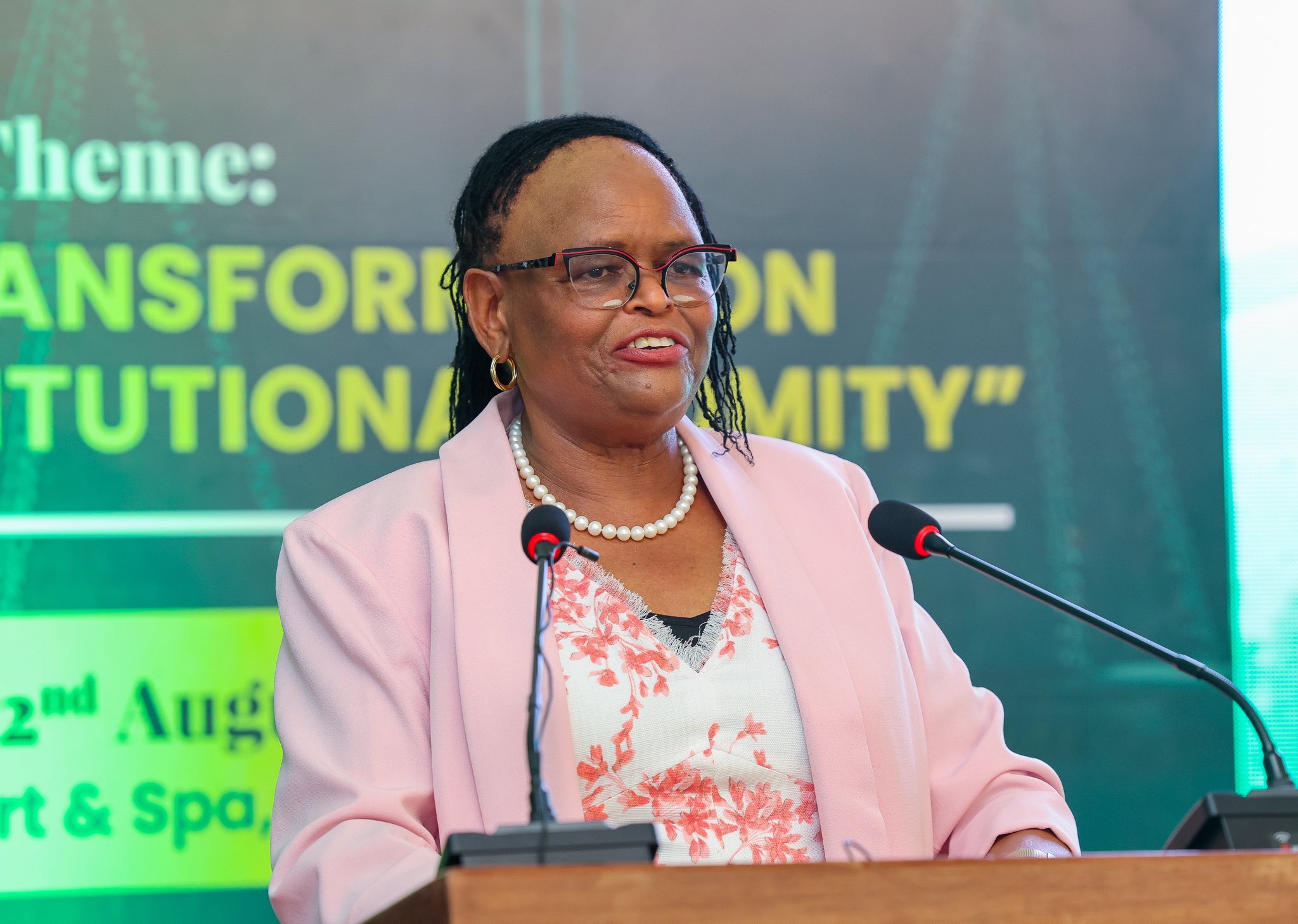
Chief Justice Martha Koome said the courts have consistently exercised restraint in interfering with parliamentary business but will not shy away from upholding the Constitution where necessary.
The Judiciary has defended itself against claims of overstepping into parliamentary processes, insisting that judicial review is a constitutional safeguard to ensure that parliamentary actions align with the law.
Speaking during the Joint Forum of the Judiciary and the National Assembly in Mombasa, Chief Justice Martha Koome said the courts have consistently exercised restraint in interfering with parliamentary business but will not shy away from upholding the Constitution where necessary.
More To Read
- Top 10 counties account for 68 per cent of Kenya’s legal cases, says report
- How circuit, mobile courts expanded justice to underserved communities - report
- Senate summons Isiolo, Kericho governors for skipping audit hearings
- CJ Koome affirms Judiciary’s commitment to transparency, says trust central to transformation
- Supreme Court to receive title deed by December 25, says DP Kithure Kindiki
- Supreme Court Judge Mohammed Ibrahim to retire after 23 years of service
The Forum, held under the theme “Social Transformation through Institutional Comity”, brought together leaders of the Judiciary and the National Assembly, senior State officers, and constitutional experts to reflect on the relationship between the two arms of government and explore ways to strengthen Kenya’s democratic governance through collaborative constitutionalism.
During deliberations, participants emphasised that parliamentary privilege and judicial oversight are not adversarial but complementary pillars of constitutional democracy, both critical to safeguarding the Constitution and ensuring accountability.
“The Judiciary has consistently exercised restraint in intervening in ongoing parliamentary processes. However, judicial review remains essential to ensure that such processes align with the Constitution,” Koome said.
She added that striking a balance between parliamentary independence and judicial oversight would deepen democracy and safeguard the sovereignty of the people.
The Forum also highlighted the need for mutual respect and constructive engagement between the Judiciary and the National Assembly. Both institutions reaffirmed their commitment to uphold the doctrine of separation of powers while fostering collaborative interdependence as envisaged in Article 6 of the Constitution.
To sustain dialogue on matters of national interest, they agreed to establish a Collaborative and Consultative Forum grounded in mutual respect and the public good.
Participants further recognised that continuous learning and knowledge exchange are vital to nurturing constitutionalism and good governance. Koome said the Kenya Judiciary Academy and the Centre for Parliamentary Studies and Training will establish structured collaboration to advance professional growth within both institutions.
Judges will serve as resource persons in parliamentary staff training, while retired Members of Parliament and senior parliamentary staff will contribute to judicial training programmes. The Forum observed that these initiatives, along with joint academic and intellectual exchanges, will deepen understanding of each arm’s roles, foster institutional respect, and strengthen the capacity of both to serve Kenyans effectively.
Expanding access to justice was another major focus of the Forum. Delegates called for strengthened court infrastructure and enhanced human resource capacity to reduce the distance court users must travel and ensure justice is accessible to all, regardless of location.
They also reaffirmed their commitment to promoting Alternative Justice Systems and mediation as mechanisms to empower communities in resolving disputes, thereby fostering peace, cohesion, and social stability. The CJ noted that the National Council on the Administration of Justice (NCAJ) will continue coordinating justice sector reforms, with particular emphasis on the criminal justice system.
The Forum also addressed security and digital protection, noting the importance of strengthening the Judiciary Police Unit and improving protection of Parliament and the Judiciary from cyber threats. Participants expressed concern about cyberbullying and misinformation targeting judges and judicial officers, warning that such attacks undermine judicial independence and public confidence. They pledged to prioritise investments in digital security infrastructure.
Adequate and principled financing of the Judiciary was highlighted as essential for safeguarding constitutionalism and ensuring equal access to justice. Delegates agreed that budgetary allocations should be guided by measurable indicators of judicial workload rather than arbitrary ceilings
Koome added that priority will be given to establishing Magistrates’ Courts in all constituencies and sustaining the Judiciary’s digital transformation, while the Judiciary Fund will continue to be strengthened as a critical safeguard for judicial independence.
On its part, Parliament committed to prioritising key legislation affecting the administration of justice, including the Judiciary Academy Bill, 2025, and the Tribunals Bill, 2023, which will be reintroduced after lapsing following Cabinet approval. Participants also pledged to explore a legal framework to protect judges and judicial officers from cyberbullying.
Through continued dialogue and collaboration, both arms of government pledged to strengthen governance, expand access to justice and secure Kenya’s democratic future.
Top Stories Today
